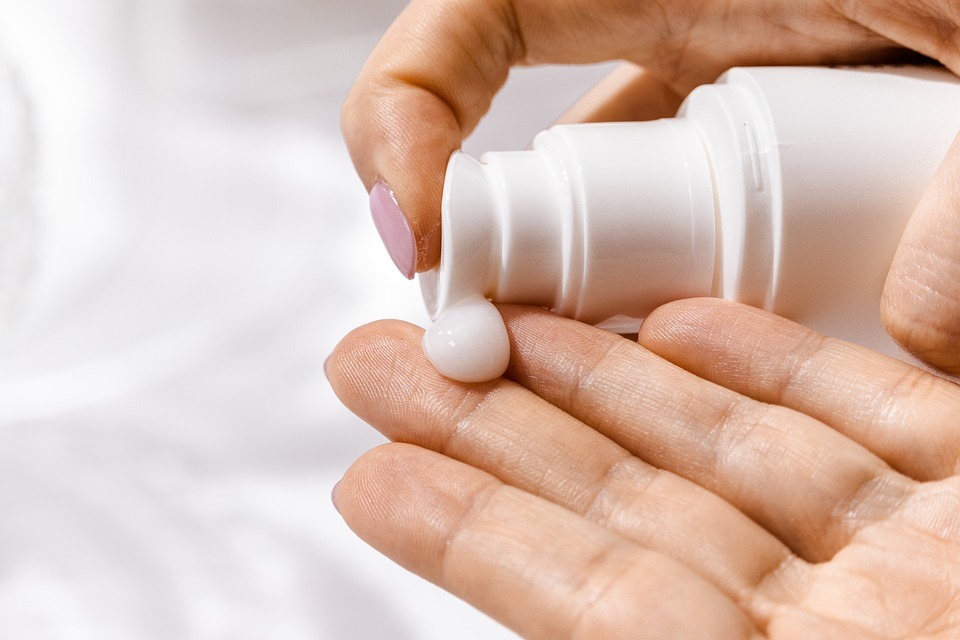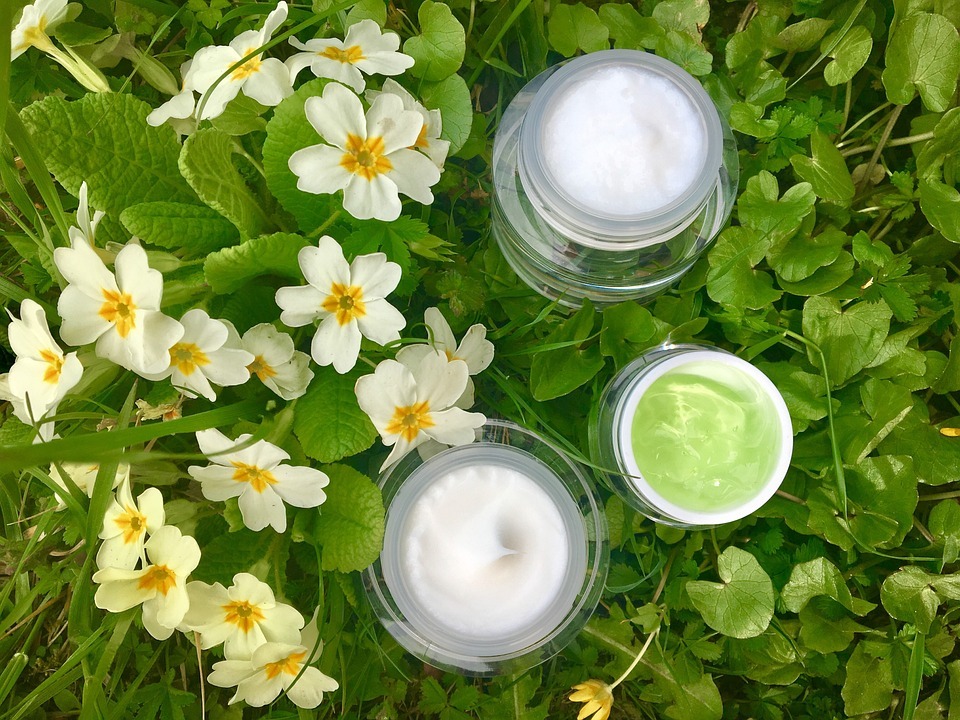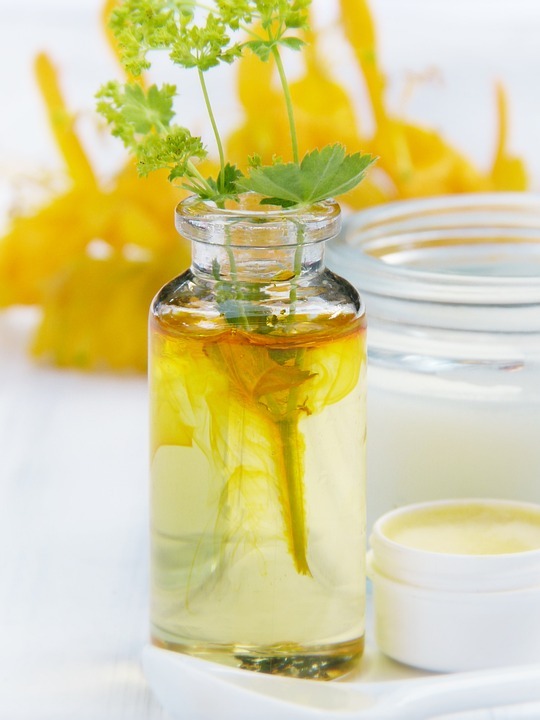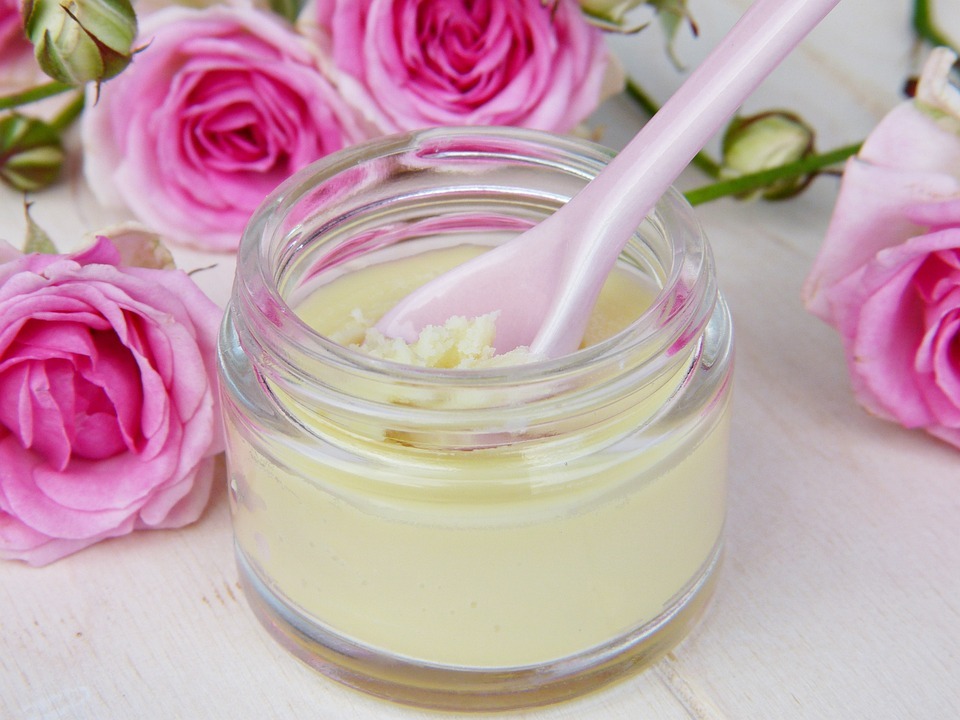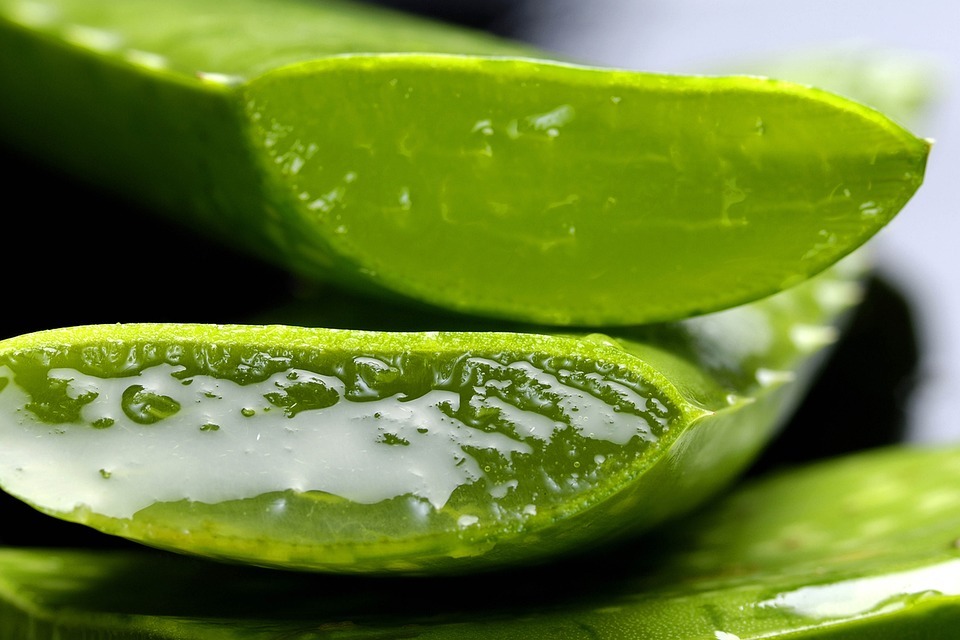If you’re looking for an easy way to stay healthy and help the environment, switching to vegan products is a great solution. Vegan products are cruelty-free which makes them the perfect choice for anyone looking for a more ethical and sustainable lifestyle. These products do not contain any animal-derived ingredients or animal bi-products and are not tested on animals in any way.
Vegan moisturizers are skincare products formulated with plant-based ingredients. They are just as good, if not better, than their non-vegan counterparts. In fact, some scientific studies have shown that these moisturizers may be better for people with skin sensitivities because they are free of potentially harmful irritants.
In this post, we’ll discuss the benefits of vegan moisturizers and share our tips to select the best vegan products available. By the end, you’ll be able to confidently select your next vegan moisturizer and start enjoying the benefits of a more eco-conscious lifestyle.
Benefits of Using Vegan Moisturizers
Vegan moisturizers are fast gaining popularity because of the various advantages they have over their non-vegan counterparts. To give you a clear idea, we have pointed out some benefits of using vegan moisturizers below:
Free from Animal-Derived Ingredients
The primary benefit of using vegan moisturizers is that they are free from animal-derived ingredients. This means you can rest assured that no animals were harmed or exploited in the production process. Plus, since the formulation is usually plant-based, there are no unsafe synthetic ingredients or artificial additives present in your moisturizing product.
More Environmentally Friendly
Traditional skin care products require intensive farming processes or expensive manufacturing practices. Due to its lack of animal bi-products, vegan skincare is more sustainable than traditional skincare. They are made from plant-based ingredients, hence are generally better for the environment and require fewer resources to produce. As an added bonus, these products also tend to last longer which helps reduce overall waste and conserve resources.
Can Be Better for Sensitive Skin
Regular moisturizer solutions often contain synthetic ingredients or animal bi-products that can irritate sensitive skin. Vegan skincare products are free from ingredients such as beeswax, lanolin, honey, carmine, collagen, and gelatin. And since these have been linked to skin sensitivities, vegan skincare products can be found to be kinder on sensitive skin types.
They hydrate the skin without causing any ill effects, such as redness or irritation, making it soft, supple, and smooth. Their plant-based ingredients and lack of preservatives also make these moisturizers better suited for people with sensitive skin.
Understanding Vegan Skincare Labels
When shopping for vegan moisturizers, it is important to understand what you should look for on product labels. Here are some things to keep in mind:
What To Look For
When shopping for a vegan moisturizer, read the labels carefully as “vegan” could mean different things depending on the company. Some companies label their product as “vegan” when it still contains trace amounts of animal by-products. So it is important to read through all the ingredients before making your purchase decision.
Common Animal Derived Ingredients To Avoid
Some common animal-derived ingredients used in traditional skincare products include beeswax, lanolin, honey, collagen, carmine, and tallow. They are sources of cruelty within the cosmetics industry that go against many people’s values concerning animal welfare and rights.
These are the ingredients you should avoid when selecting a vegan moisturizer. So make it a point to avoid products that even contain trace amounts of any of these ingredients.
Certifications To Look For
In addition to avoiding particular ingredients, look for certifications like “100% Vegan,” “Cruelty Free, ” or “Leaping Bunny Certified” when shopping for a vegan moisturizer. These certifications indicate that none of the ingredients or processes used in the product’s manufacturing have been sourced from any animals and/or tested on them in any way, shape, or form.
Additionally, look for certified organic labels as these indicate that none of the ingredients (or processes) used in manufacturing involve exposure to synthetic chemicals. Chemicals like pesticides or herbicides could not only be harmful to your health, they also damage the environment over time. If a product does not have any certifications related to the treatment or sourcing of its ingredients then it is probably best to avoid it.
Choosing the Right Vegan Moisturizer for Your Skin Type
The right moisturizing solution for your skin will depend on your skin type and individual needs. Here is a breakdown of what each skin type needs and what moisturizer to choose for it:
Dry Skin
If you have dry skin, choose a creamier moisturizer with added vitamins and antioxidants. Such a moisturizer will deeply hydrate while restoring your skin’s barrier function. Look for moisturizers containing hyaluronic acid or jojoba oil as these provide intense hydration. What’s more? They do so without leaving your skin feeling overly heavy or greasy which can clog pores and exacerbate dryness. Additionally seek out formulations containing shea butter as it helps lock moisture into skin and improve elasticity over time.
Oily or Acne Prone Skin
For those with oily or acne-prone skin, gentle oil-free moisturizers with lightweight formulas are ideal as they won’t clog pores and cause further breakouts. Look for light weight formulations containing aloe vera as it helps soothe irritated skin without clogging pores. Additionally seek out products containing jojoba oil which helps balance out sebum production without leaving skin feeling greasy. It is best to avoid heavy creams as they might clog your pores by trapping excess oils, leading to further breakouts.
Sensitive Skin
If you have sensitive skin, choose a fragrance-free moisturizer featuring botanical oils like avocado or almond. It will help condition your skin without irritation. Natural lightweight formulations containing aloe vera are also suitable as it helps soothe irritated skin without triggering any reactions due to allergies or sensitivities. Choosing products that are free from synthetic fragrances is important because they can irritate sensitive skin. Plus, highly fragranced formulas might also bring about an allergic reaction with the strong scents present within them.
Combination Skin
People with combination skin type should get lightweight gel formulas infused with antioxidants like vitamin C. They are your best bet as they help balance out dryness in certain areas while controlling oiliness in others. Opt for products containing jojoba oil as this helps balance out sebum production without clogging pores. Formulas containing hyaluronic acid are also suitable as it provides intense hydration without clogging your pores or making your skin overly greasy. Avoid products with too many synthetic fragrances or heavily fragranced formulas as these can lead to irritation.
Common Vegan Moisturizer Ingredients and Their Benefits
Vegan moisturizers often feature several beneficial ingredients which are commonly seen in non-vegan products. These include:
Hyaluronic Acid
Hyaluronic acid is a naturally occurring substance found within our bodies. It helps keep our skin hydrated while simultaneously locking moisture into our cells, helping improve their elasticity. It also acts as a cushion between cells enabling them move freely without damage.
Jojoba Oil
This is a natural plant derived oil extracted from jojoba plants natively found in North America. It has excellent hydrating properties yet is lightweight enough to not clog pores. It is suitable for all skin types, particularly oily, acne-prone complexions. Jojoba oil helps balance out sebum production without leaving skin feeling greasy after application.
Shea Butter
Shea butter is a plant based butter derived from African shea trees. It has amazing nourishing properties giving your skin an extra boost of moisture and helping lock it deep within cells. It helps improve elasticity over time, resulting in smoother and firmer texture.
Aloe Vera
Aloe vera is a natural plant gel extracted from leaves of a plant that readily grows around the world. It too has numerous benefits including anti-inflammatory properties, which help soothe irritable inflamed complexions and lasting moisturization that softens the dryest skin.
How to Incorporate Vegan Moisturizers into Your Skincare Routine
The next step after finding the right vegan moisturizer for your skin type, is knowing how to correctly apply and incorporate it into your skincare regimen. Here is how you should do it:
Firstly, make sure to cleanse your face before applying a moisturizer. Cleansing helps remove dirt and makeup buildup as well as unclog pores allowing the moisturizer to penetrate deeply into your skin.
After cleansing your skin with a vegan cleanser, pat or dab your face dry with a clean towel. While your skin is still slightly damp, apply a pea-sized amount of moisturizer evenly over your face and neck. Gently massage the moisturizer onto your face using slow circular motions until it is completely absorbed.
Your skincare routine must not be limited to moisturizing alone. Vegan anti-aging serums are excellent for your skin too. They often contain age-fighting ingredients that can help reduce wrinkles and improve skin tone and texture. These serums tend to be more lightweight than creams and lotions, which makes them ideal for pairing with vegan moisturizers.
Keep in mind that it is best to always apply your serum after cleansing, but before applying your moisturizer for maximum absorption. Plus, your sunscreen should always be applied on top of any skincare product to protect your skin from the sun’s damaging rays. You might also want to check out the world’s sunniest countries ranked by the numbers.
It is important not to overdo it on moisturizing as this can lead to breakouts and greasy skin. For most people, using a gentle light-weight vegan moisturizer twice a day (morning and night) is enough for healthy skin.
Best Practices for Buying Vegan Moisturizers
Here are some more tips to help find the right vegan moisturizer:
Before purchasing a product, try reading through reviews on sites such as Amazon or Sephora to get a sense of how others feel about the product. They will also tell you about its effectiveness on different types of skin. Reviews can also help you get an idea if the scent or texture of the product is something you would be comfortable with.
Another way to make sure you’re buying genuine vegan products is by researching each brand’s company values and mission statement. These are usually easily accessible on their website. Make sure they clearly state that they are cruelty-free and vegan, so you can be confident that you’re making an ethically sound purchase.
Paying attention to the ingredients used in the product itself is not the only factor. You should also consider the packaging it comes in. Does it come in recyclable packaging? Is it travel friendly? Recycled packaging is becoming more common amongst skincare brands, so look out for sustainable packaging when possible.
Conclusion
Using vegan skincare products not only helps reduce animal cruelty, but also helps protect our environment from the harm caused by harmful chemicals used in some non-vegan products. These products also contain natural ingredients that nourish and hydrate skin without causing adverse reactions. These include redness or itchiness, which some non-vegan products can cause due to sensitivity to certain chemicals or fragrances used in them.
We hope this guide will help you find the perfect vegan moisturizer for your needs. Remember to do research into each product before purchasing, so that you know exactly what you are getting. Read reviews and check out each brand’s mission statement so you can make sure their values align with yours.

